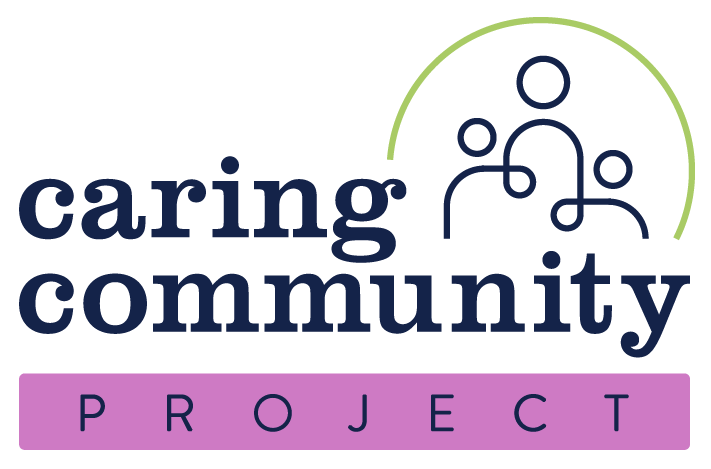Lesson 5: Class Reflection
20-30 minutes
Introduce the lesson (1 minute)
Introduce the final lesson by telling students, “Today we are concluding our Everyday Caring project by thinking about the larger implications of spreading kindness and caring in our lives and across the world.”
Four corners activity (6-10 minutes)
Before beginning, designate four different corners in the classroom as corners 1, 2, 3, and 4. Next, read each question below, prioritizing questions in bold (and include your own questions and answer choices, if desired). Assign each possible answer to one of the corners, and ask students to stand in the corner that corresponds with their answer to each question. After students move to their corners, ask students to turn and talk about why they made that choice for thirty seconds if you have time. If time allows, ask one student from each corner to share out.
Prompt students to also observe where the majority of students move for each question.
MCC Tip: To help visual learners, use chart paper to illustrate each of the answer choices per question. You might also present the question prompts on a PowerPoint presentation to accommodate all learners.
Track where the majority of your students move during this activity so you can share with students how their acts and habits of caring have changed and grown since the four corners activity in lesson 3. For example, note and share if students’ acts of caring focused on family or friends and then shifted to strangers. Ask your students if they noticed any shifts and if so, why they think habits are shifting, then share your observations with the class.
Game Questions:
Who were your acts mostly for?
Friends
Family
Strangers
Other
What was your main motivation for performing acts of caring for others?
It makes me feel good
It makes others feel good
I had to for this class
Other
What kinds of acts did you mostly perform?
Caring words
Caring actions
Caring thoughts
Other
To what extent did completing acts of caring impact you?
A lot
Somewhat
None
Not sure
Where did most of your acts of caring take place?
Home
School
Community-centers (religious centers, sports field, etc)
Other
How many of your planned acts did you complete?
5+
3-4
1-2
None (0)
How much did you push yourself to complete these acts?
A lot
Some
A little
Not at all
Debrief (8-12 minutes)
Next, guide students through a debrief of the overall experience and process of the kindness challenge and scavenger hunt. Prioritize the questions in bold if you are short on time.
Were you the recipient of a caring act of kindness?
How did it feel?
Did you know the person who extended the act of kindness to you? How did that relationship affect your experience of the act of kindness, if at all?
How did the scavenger hunt go? Did you observe an act of kindness directed toward another person?
How did that person react?
How do you think it made them feel?
What impact does kindness have on our lives?
Think about your community, like this school, but also consider your home, neighborhood, or even the country or world at large.
What stops us from performing acts of kindness and caring? Why?
What can we do to address these barriers or obstacles?
What will you take forward from this experience?
How will you hold yourself accountable and act with care toward yourself and others?
Could we have done something differently to make our Acts of Kindness and Caring challenge more successful?
How can we continue this work as a class?
Wrap up (5 minutes)
To wrap up the strategy, thank your class for their commitment to growing their kindness to impact their classroom community. Ask students to complete an exit ticket (found in Appendix 6) in class or as homework.
Extension ideas
Perhaps you keep a kindness or caring shout-out wall as a permanent classroom fixture or adopt a kindness day for the rest of the school year to encourage students to commit to, execute, and debrief acts of kindness. While these five lessons provide students with a better understanding of what caring is all about, the experience must continue after the lessons are over for a real lasting impact.
Content developed by Making Caring Common, a project of the Harvard Graduate School of Education.
